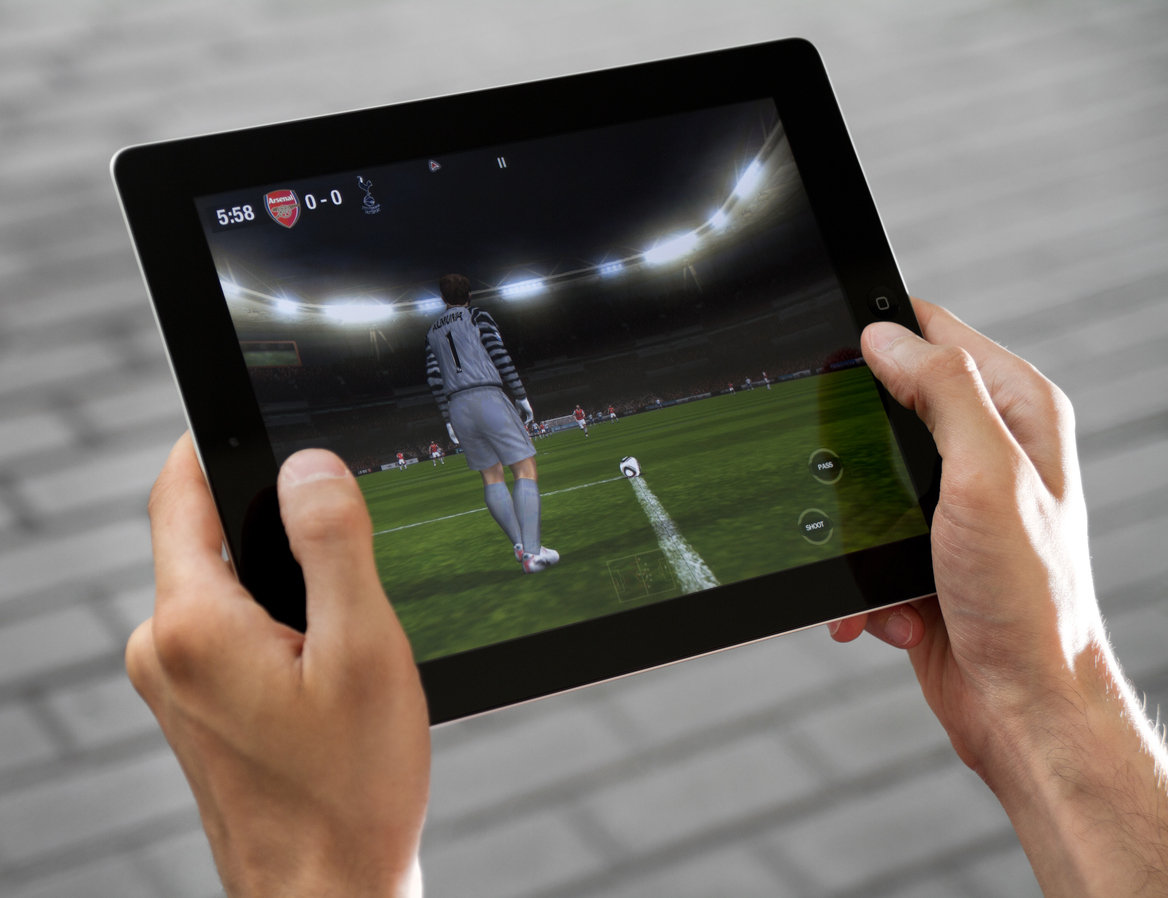Search the latest and greatest job opportunities in sport

The global sports industry is ‘undergoing more disruption than ever’ as a result of ongoing shifts in media consumption, the emergence of new technologies and a rapidly evolving sponsorship market, according to the 2017 edition of PwC's annual Sports Survey.
The recent report published by the professional services firm, shines a spotlight on many of the trends and innovations permeating sport globally, with a particular focus on the latest developments in technology, media consumption and distribution.
According to the report, which is based on an online survey of 189 sports industry stakeholders and which was conducted between May and June of this year, the industry’s growth rate will slow down by over 32 per cent in the coming three to five years - although it is predicted that the industry will grow by an average of 6.4 per cent over the same period.
This trend perhaps reflects the ongoing rise of over-the-top (OTT) streaming solutions ‘across a variety of private platforms, in particular social media, and media consumption trending towards mobile, bite-sized and on-demand content’, the report says.
Changing consumption habits
The rise of the smartphone, coupled with the expansion of high-speed internet connections in many countries, has seen consumption habits shift ‘inevitably and irreversibly’ away from linear programming and towards on-demand mobile content, particularly among millennials and post-millennials, notes PwC’s report.
With fans ‘seeking a highly personalised, immersive experience’ - and, of course, a cheaper one - more and more rights holders are cutting out the middle man to deliver more content direct to the consumer through digital or OTT services, thereby contributing to the declining appeal of live TV in many markets.
According to PwC’s respondents, a vast majority of whom work in soccer, the top three disruptive forces in the sports media market are the ongoing proliferation of new platforms; an expansion of mobile internet and ubiquitous access to sports content through mobile devices; and rights holders changing their distribution strategies to establish direct relationships with fans.
The haves and the have-nots
As well as noting the continued growth of esports, PwC's report also suggests there could be a consolidation of commercial revenues among top-tier mainstream sports in the years to come, underpinned by high growth rates in broadcasting (7.1 per cent) and sponsorship income (eight per cent) for the world’s leading leagues and clubs, especially those in soccer.
Many respondents pointed to the continued global appeal of a select few premium properties, who themselves remain bullish on their future revenue projections. ‘This suggests that there is a commercial consolidation around the leading teams, leagues and events,’ the report says, ‘a phenomenon which may well be squeezing the industry’s ‘middle class’, which is generally struggling to generate revenues of a competitive nature.’
The sense of ptimism among premium properties stands in stark contrast to the apparent pessimism of international federations, some of which are facing challenges ‘in terms of securing new commercial partners and host cities for their events.’ However, the least optimistic among respondents were the broadcasters, who project their own market segment to grow by just 5.6 per cent in the coming years.
Tech firms on the prowl
The increasing interest in sports rights among big tech companies such as Facebook and Amazon has been one the top trends in sports media of late, and PwC’s report notes how these firms are set to play an even more forceful role in rights auctions in the coming years.
The report cites Facebook’s recent acquisition of streaming rights to Uefa Champions League soccer from Fox Sports in the US, as well as Amazon’s recent purchase of rights to the National Football League (NFL) and ATP World Tour , as signs that both companies are getting more serious about sport.
‘These developments leave us with no doubt that big tech firms are gearing up to play in the sports rights market in earnest, either in direct competition for premium rights or through broader partnerships,’ the report says. ‘The question then is, when will this tipping point be?’
New tech: wearables, VR/AR, virtual sponsorship
As well as addressing recent and ongoing developments in the media rights marketplace, PwC’s report also looks at the impact emerging technologies are having on the industry. The report focuses on wearables and sensor technologies, virtual reality (VR) and augmented reality (AR), and considers the potential applications and implications of each.
With regards to VR and AR - both of which are ‘ frequently referred to as the ‘next big thing’ for the media and entertainment industry’ - the report suggests three main areas to watch: fan experience and engagement, virtual sponsorship, and training and performance.
With respect to VR's impact on the sponsorship sector, the report suggests that advances in virtual advertisements - which allow broadcasters to replace real advertising panels with virtual images on screen - will open up new commercial opportunities for rights holders, particularly when it comes to targeting online audiences.
You can download the full PwC report here .
This article was originally published by our media partner SportsPro Media. You can read the original article here .
Give your career in sport a boost with the latest live vacancies in sport , or create an account today and stay up to date with all the latest industry knowledge, events and jobs in sport.
Search the latest and greatest job opportunities in sport
In the world of professional sports, sponsorship represents a significant source of revenue and plays a vital role for t...
Read moreThe sports industry is a vibrant and multifaceted industry, made up of a diverse range of sectors that shape its global ...
Read morePablo Romero, director of protocol at Sevilla FC and lecturer in the UCAM Master's Degree in Sports Management, shares t...
Read more